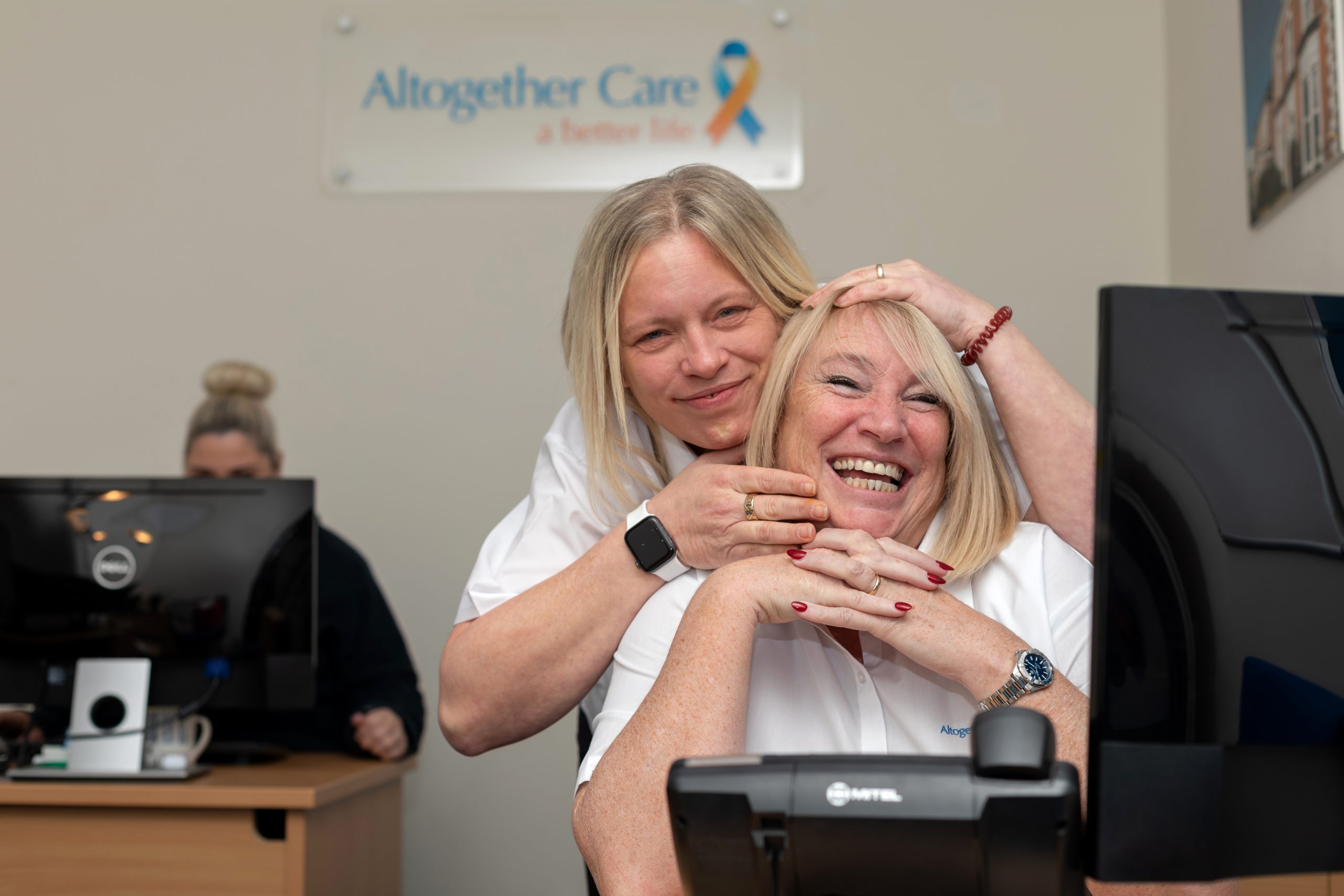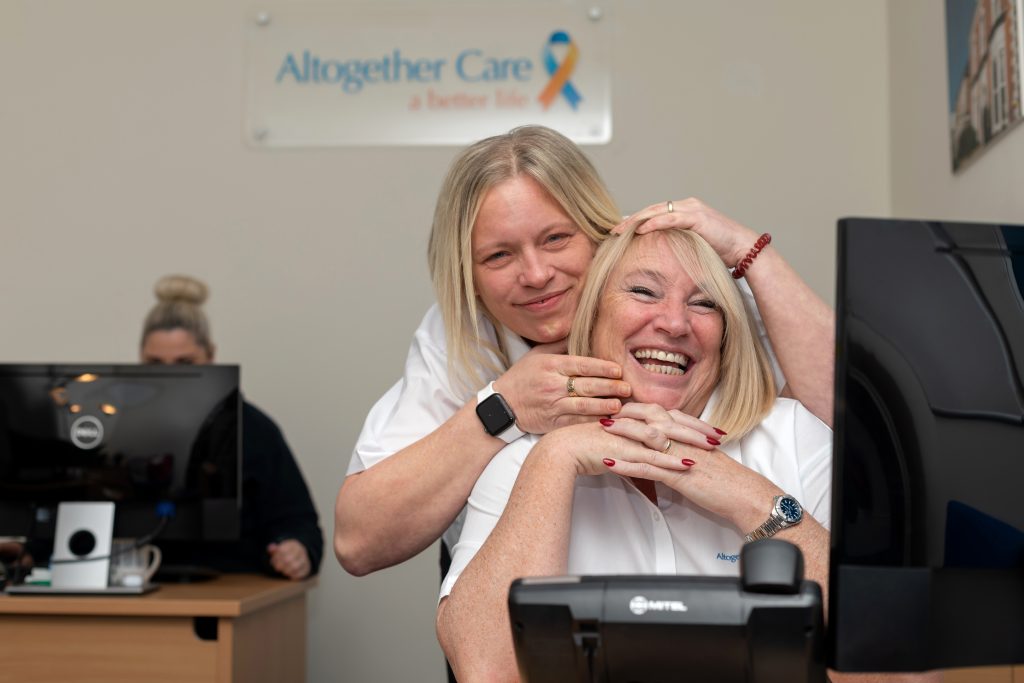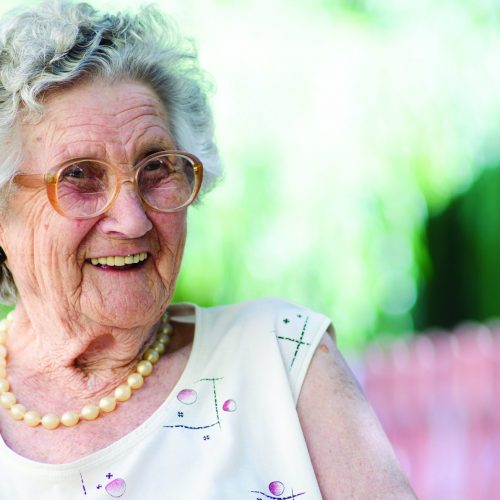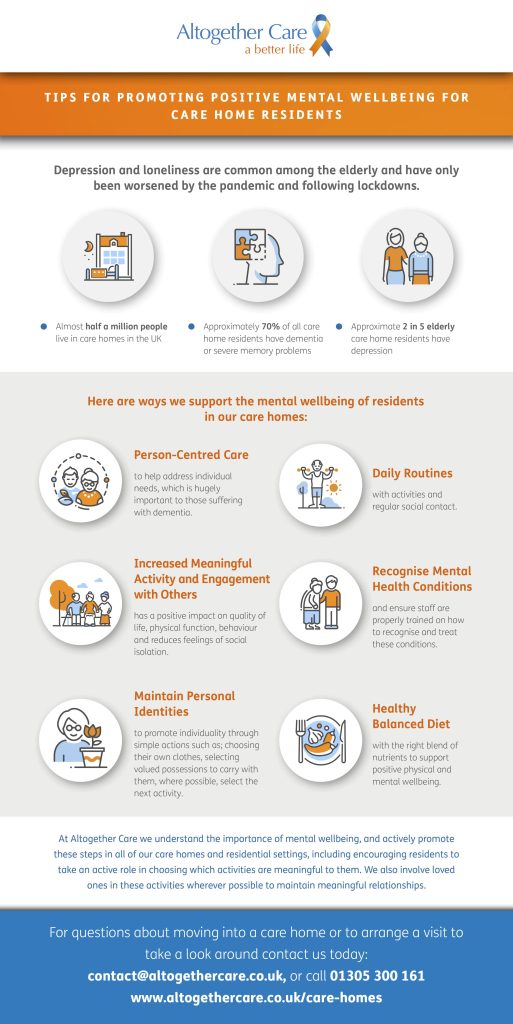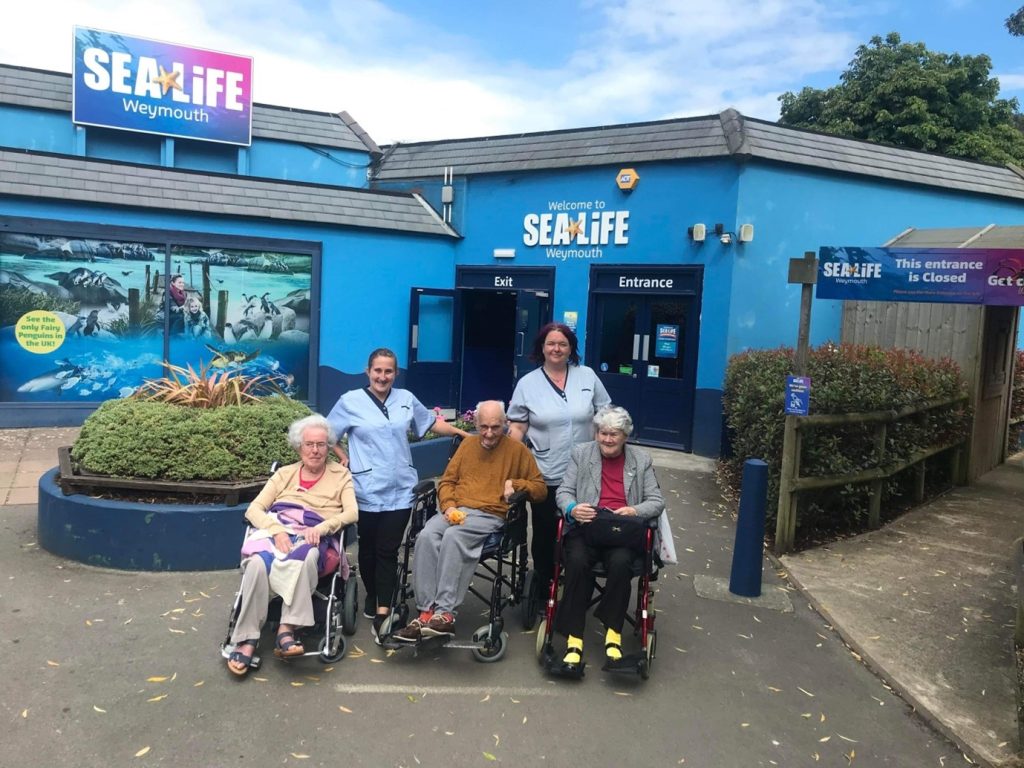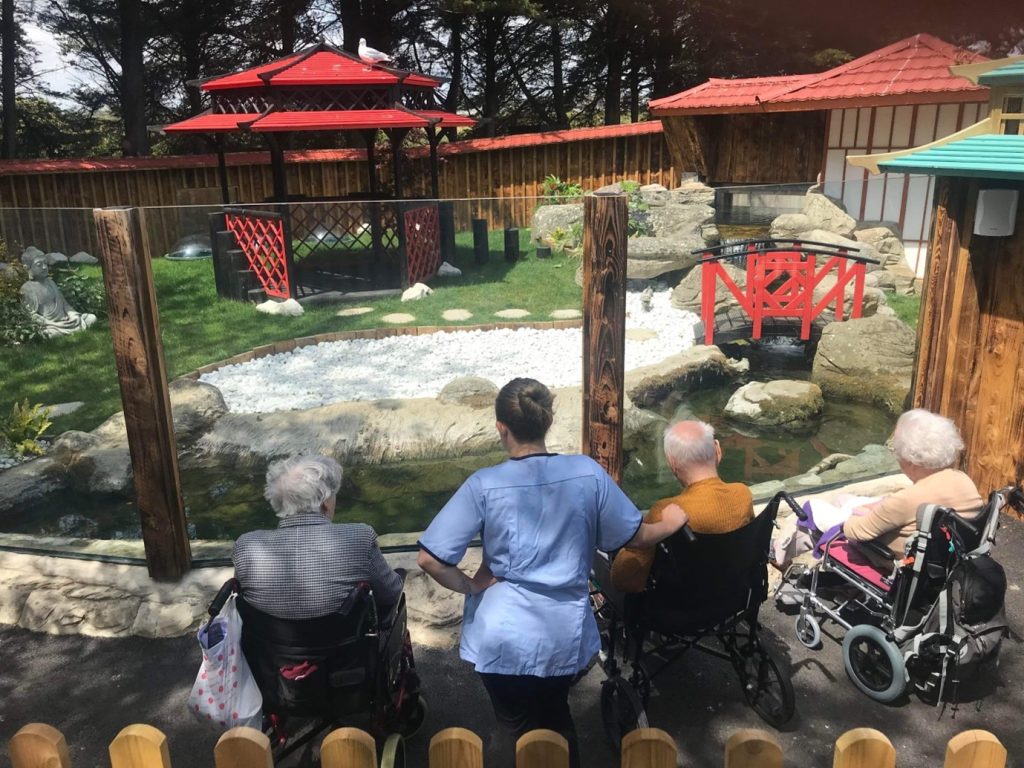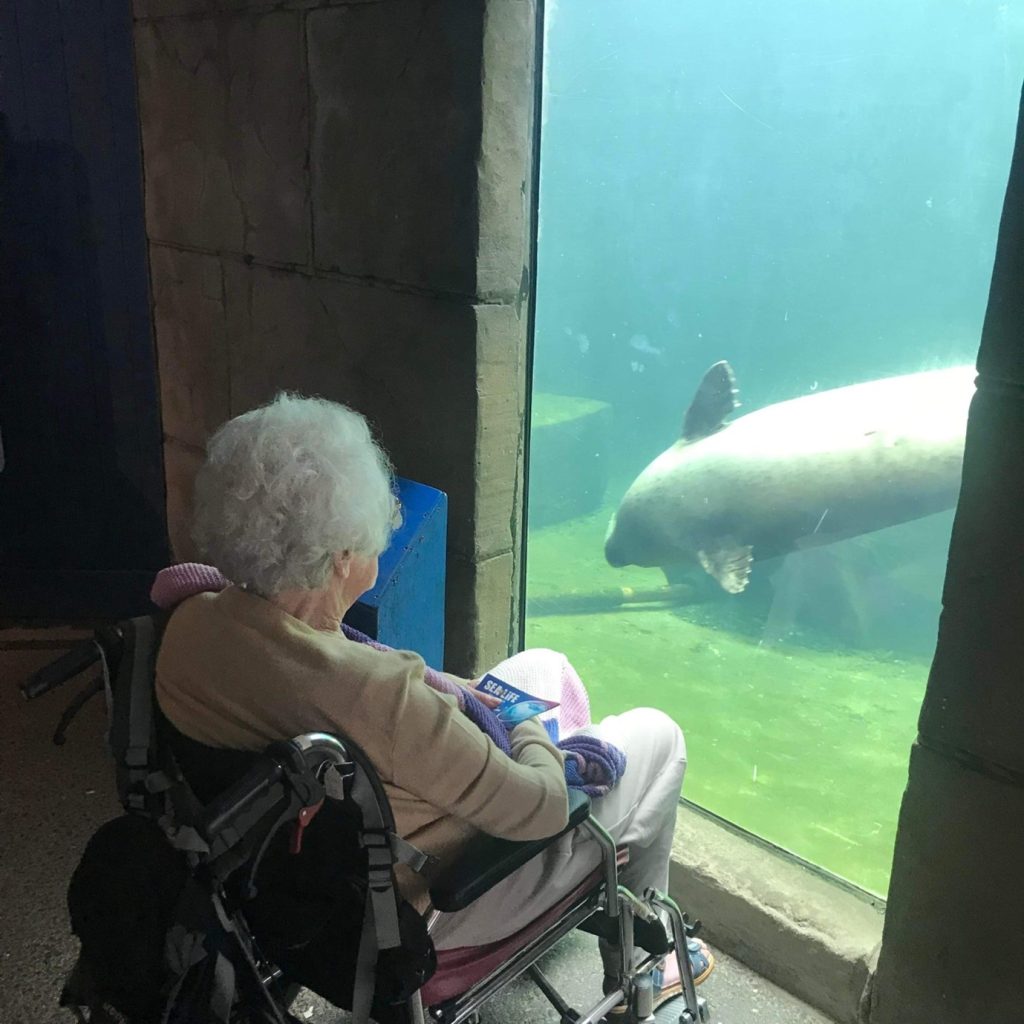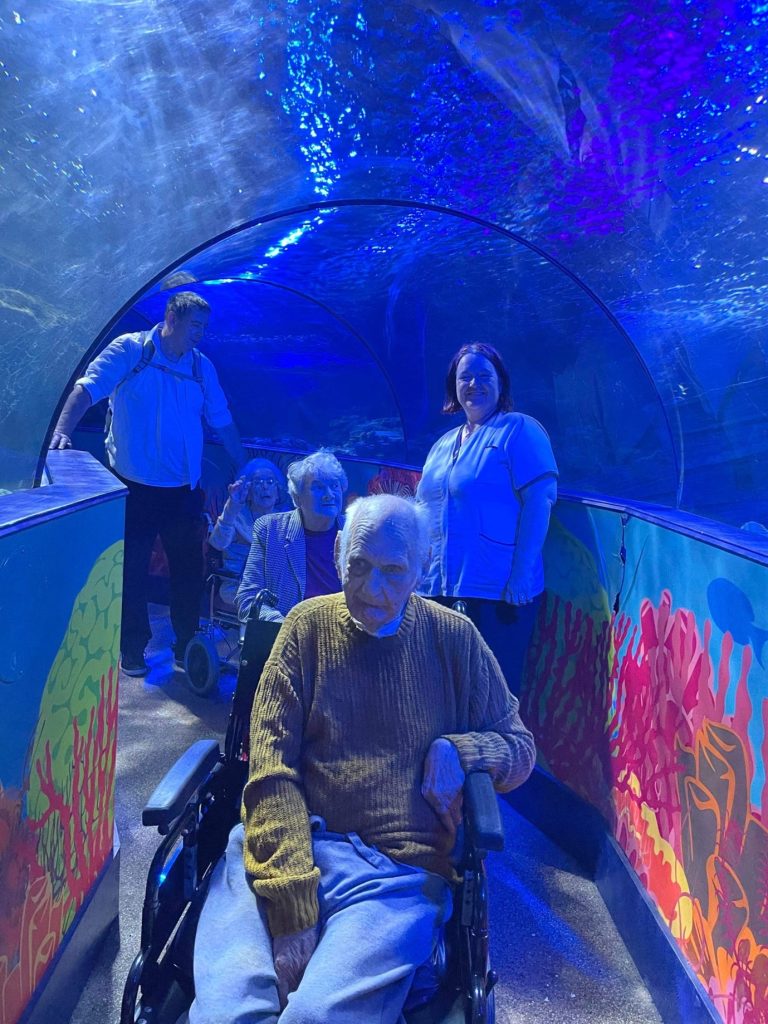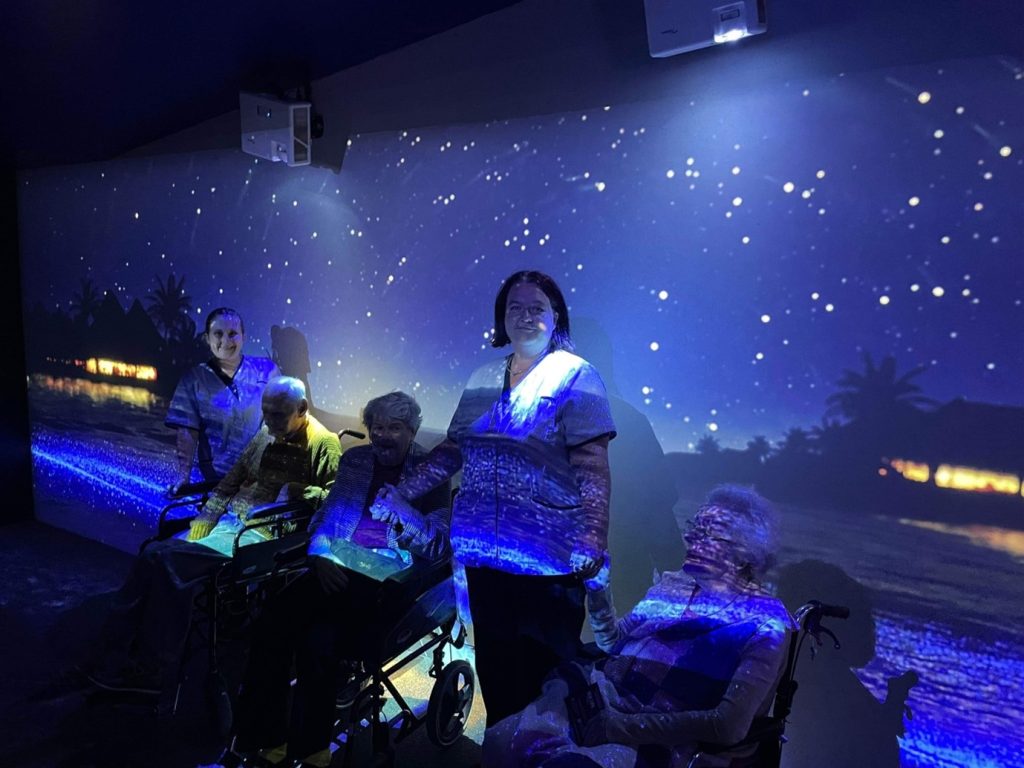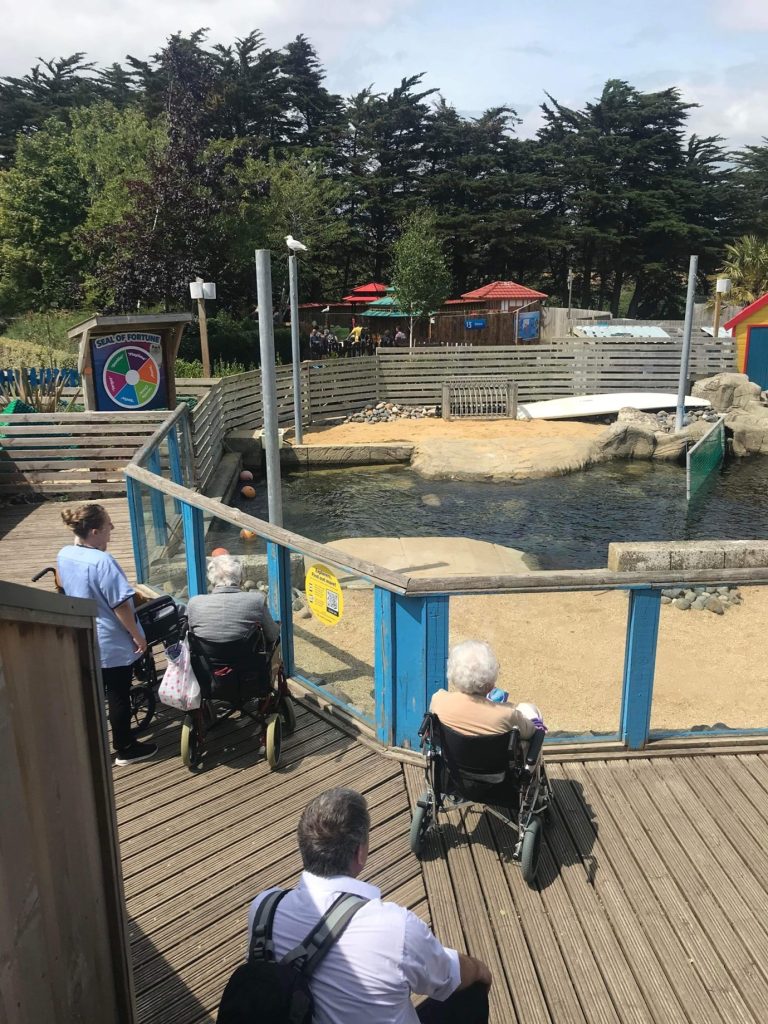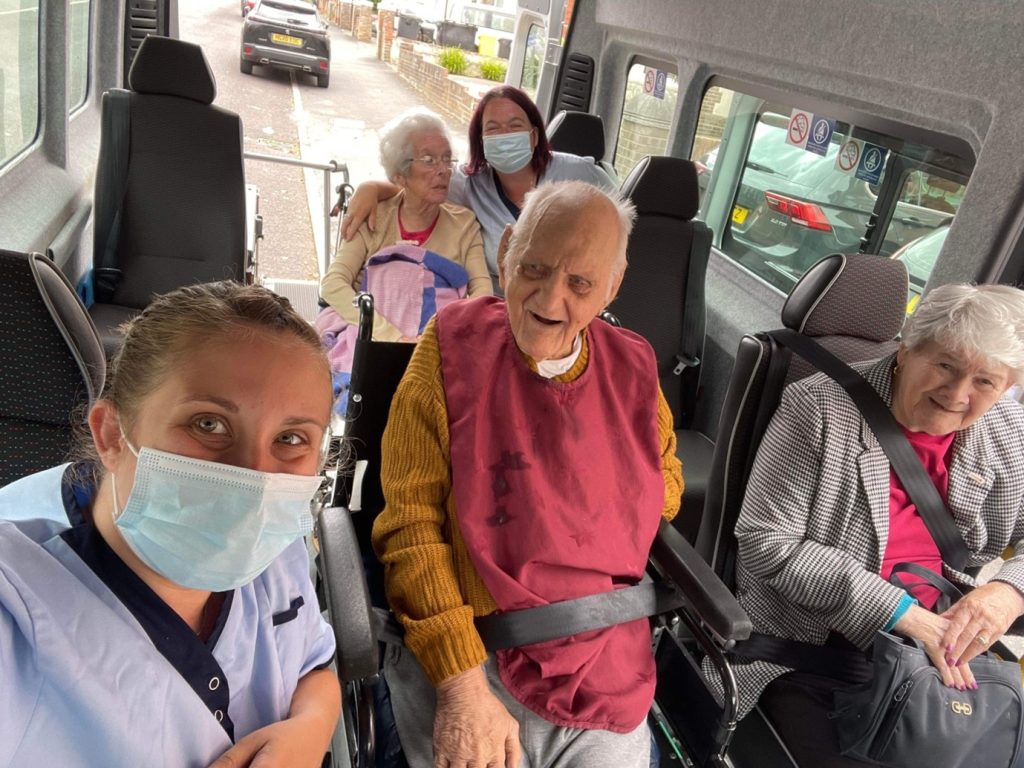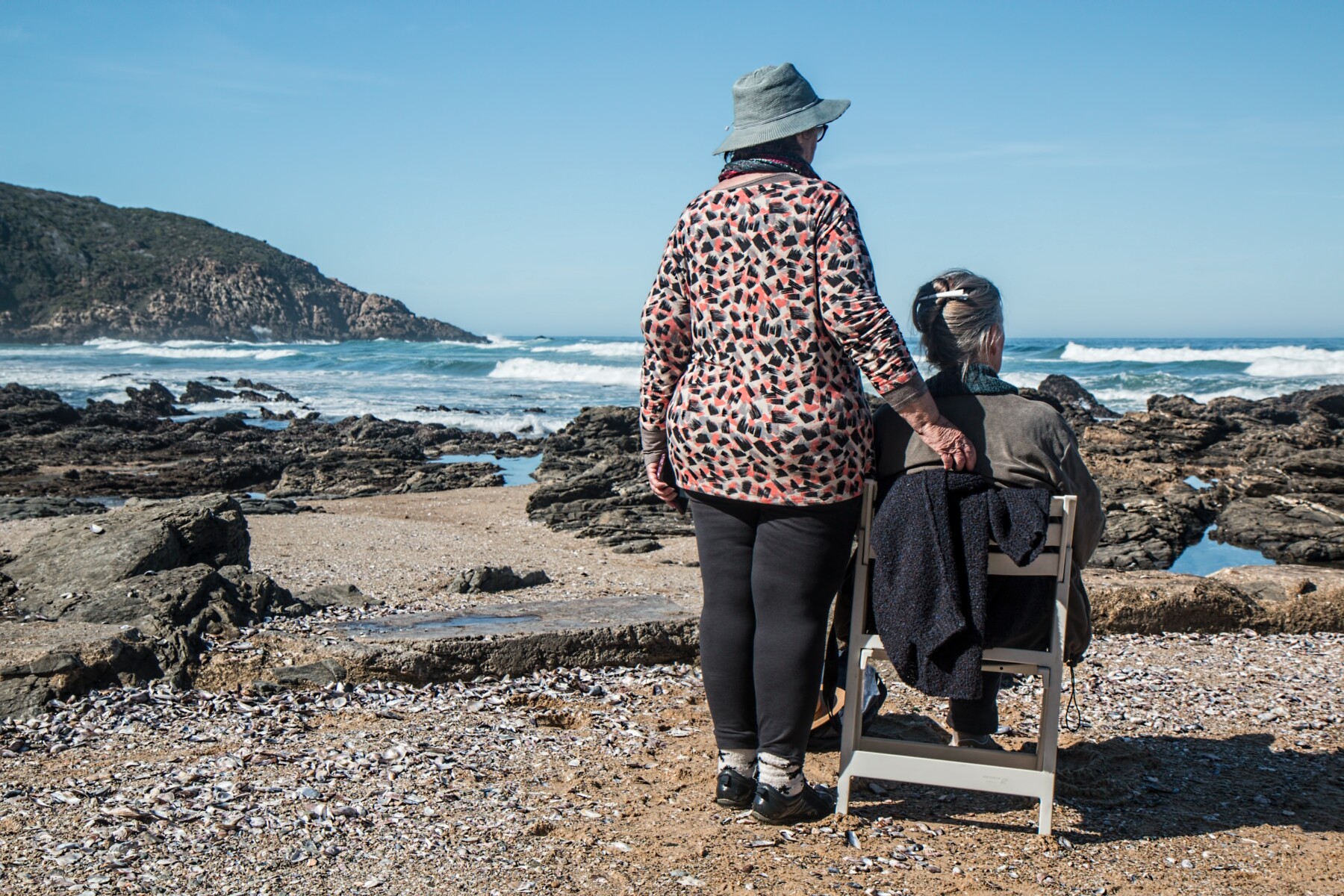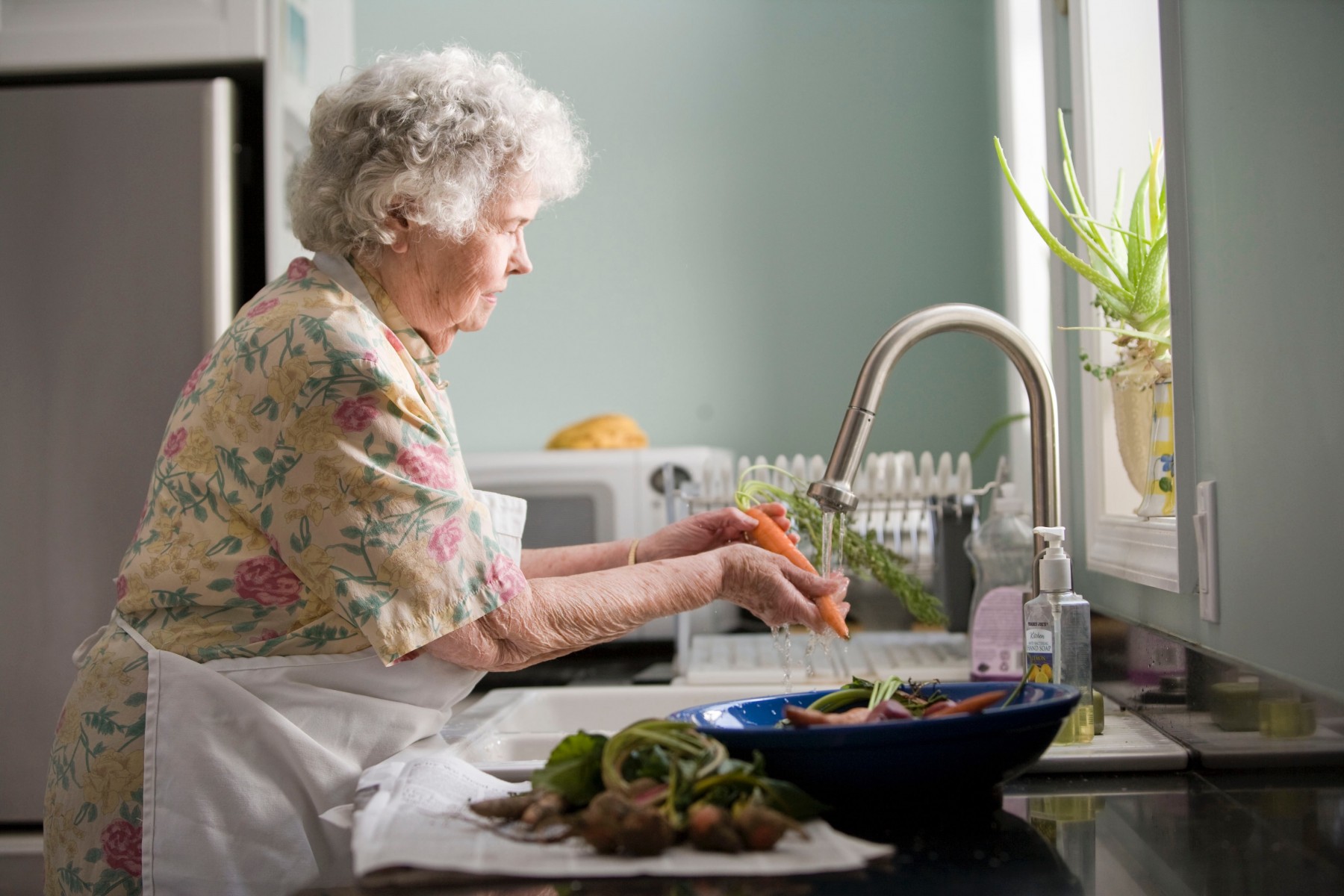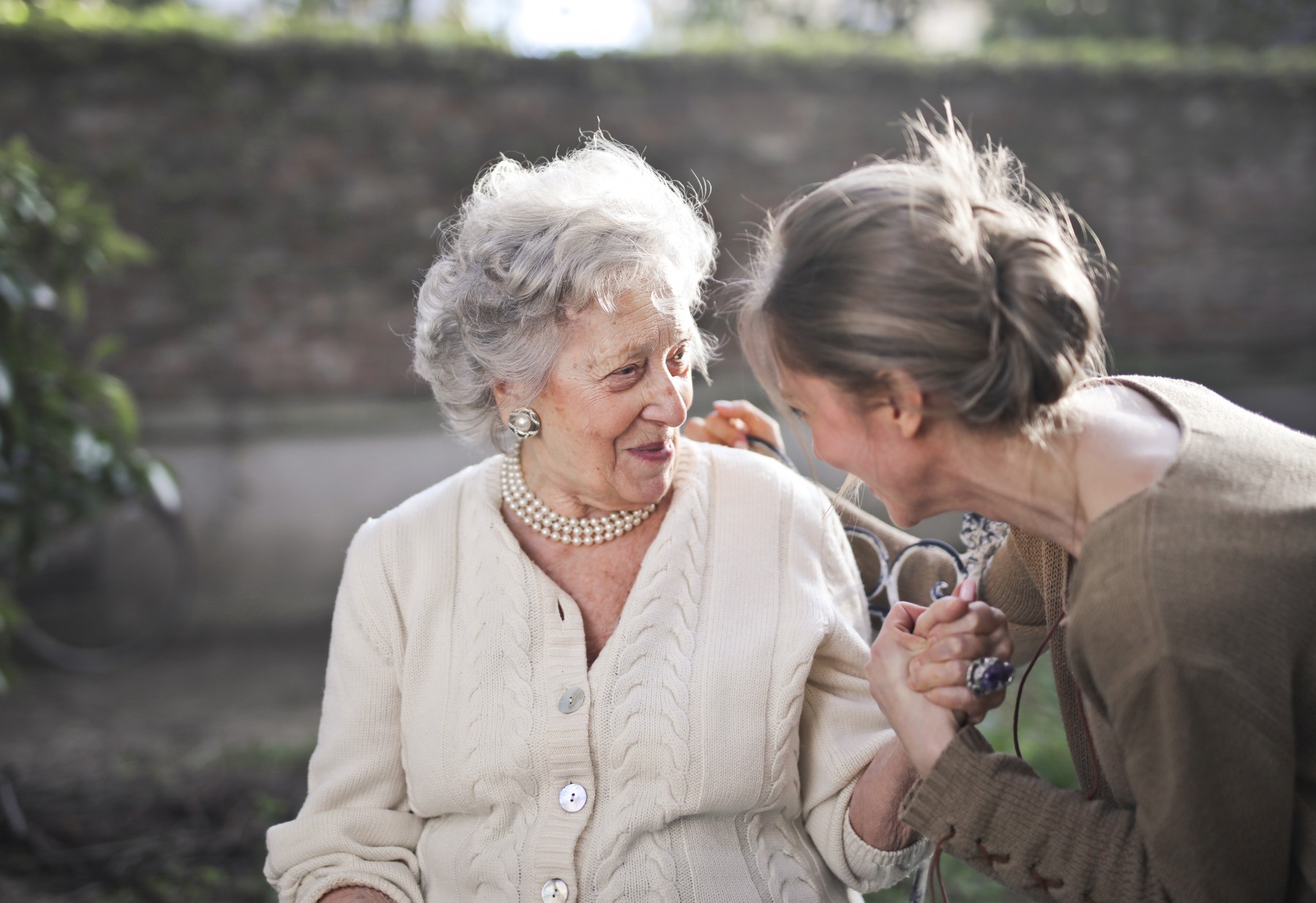As we grow older, it’s natural for our physical needs to change – but what’s often overlooked is the emotional journey that comes along with ageing. Feelings of loneliness, anxiety, or low mood can quietly creep in, particularly after big life changes like retirement, bereavement, or living far away from loved ones.
At Altogether Care, we believe that good care is about more than just meeting physical needs. It’s about seeing the whole person – their story, their feelings, and what brings them joy. Because mental health matters at every age.
The Quiet Reality of Loneliness
Loneliness is one of the most significant challenges facing older people today. According to Age UK, over one million older people say they often feel lonely – and we know that this loneliness can have a real impact on mental health.
For those living alone or with limited mobility, the loss of regular human connection can lead to feelings of isolation, low self-esteem, and even depression. And yet, it’s not always easy to recognise the signs, especially when they’re masked by a brave face or a smile.
The Emotional Power of Care
Care services, whether at home or in a care home setting, can provide much-needed structure, stimulation, and emotional support. Here’s how:
Companionship that Counts: From a friendly face popping in for a chat and a cuppa, to carers who truly get to know the people they support, regular contact can make a world of difference. It’s about having someone to talk to – and someone who listens.
Activities that Reignite Joy: Whether it’s gentle exercise, gardening, music therapy, or simply baking together, meaningful activities can uplift spirits and create a sense of purpose. These moments encourage connection, spark memories, and offer the joy of shared experience.
Routines That Reassure: A daily rhythm, supported by professional carers, helps restore confidence and calm. For many older people, having structure to the day provides comfort, reduces anxiety, and creates opportunities for positive engagement.
Space to Talk: Trained carers can spot when something doesn’t feel quite right. They are often a first line of emotional support, gently opening up space for conversations about feelings, grief, or worries – and can signpost to more specialised help if needed.
Supporting Families Too: When a loved one is struggling with their mental health, family members often feel helpless or unsure how to help. Care services provide reassurance – not just through practical support, but through genuine emotional connection. It’s knowing that your parent, partner or friend isn’t just being looked after, but truly cared for.
Staying Connected Through Technology: While face-to-face contact is irreplaceable, technology can also play a valuable role in reducing feelings of isolation. Video calls, messaging apps, and online activities allow older people to stay connected with family and friends, even when distance or mobility makes in-person visits harder.
For some, using technology may feel daunting at first – but help is available. Charities like AbilityNet offer free support and advice to help older people build confidence with digital devices. Through their network of trained volunteers and digital champions, they assist with everything from setting up video calls to teaching basic computer skills, making it easier to stay in touch with loved ones and participate in online communities.
With a little support, virtual contact can open up new ways to maintain relationships, share special moments, and feel connected to the world – bringing comfort and companionship into daily life.
How Altogether Care Can Help
At Altogether Care, we work alongside families to create personalised care plans that focus on emotional wellbeing as much as physical support. Our visiting care services help people stay independent at home for longer, while our care homes provide a warm, welcoming environment where no one feels alone.
Whether it’s regular companionship, a live-in carer, or a friendly team in one of our homes, we’re here to support people to live well – with dignity, comfort, and connection.
Reach Out Today
If you’re concerned about a loved one’s wellbeing or would like to explore how care could support their emotional and mental health, we’re here to talk.
📞 Call us on 01305 300 161, or complete our contact form here.
Because everyone deserves to feel seen, heard, and cared for – at every stage of life.







 Dementia is increasingly something more people are having to learn how to live with, affecting individuals and caregivers alike. The theme of Alzheimer’s Month 2023 attempts to underline the notion that dementia doesn’t necessarily have to be an inevitable consequence of ageing.
Dementia is increasingly something more people are having to learn how to live with, affecting individuals and caregivers alike. The theme of Alzheimer’s Month 2023 attempts to underline the notion that dementia doesn’t necessarily have to be an inevitable consequence of ageing. An active social life, physical exercise and a good diet are the building blocks of good mental and physical well-being. Altogether Care puts a lot of emphasis on these factors in all of our care homes, and not just for people receiving specialist dementia care.
An active social life, physical exercise and a good diet are the building blocks of good mental and physical well-being. Altogether Care puts a lot of emphasis on these factors in all of our care homes, and not just for people receiving specialist dementia care.

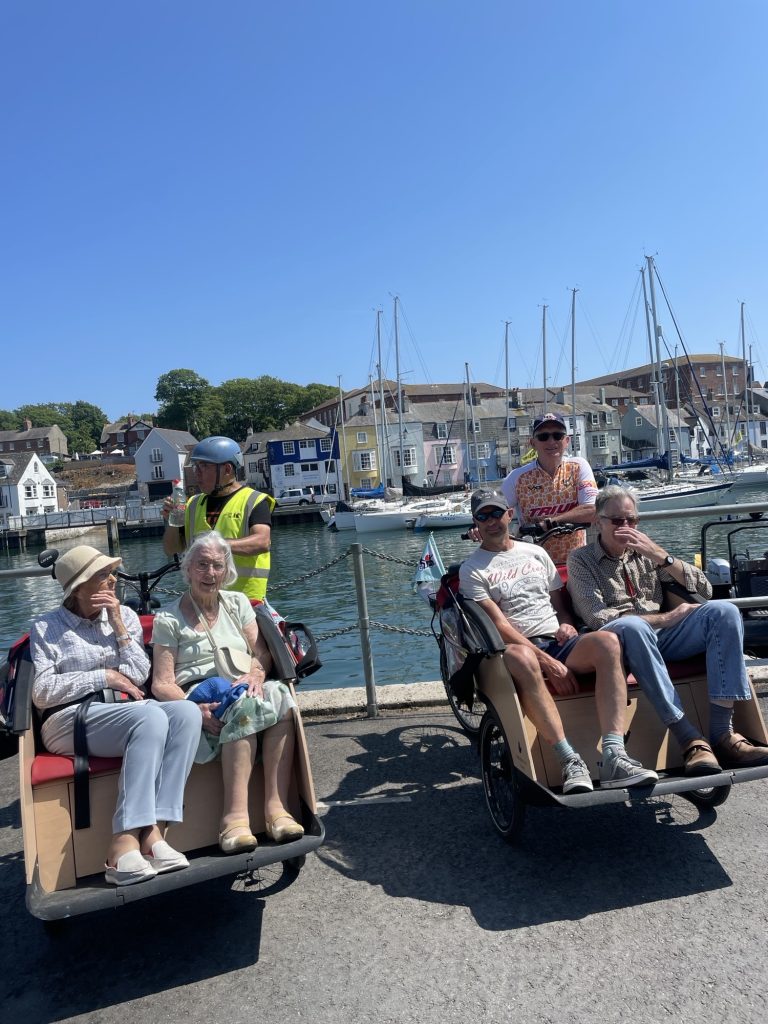

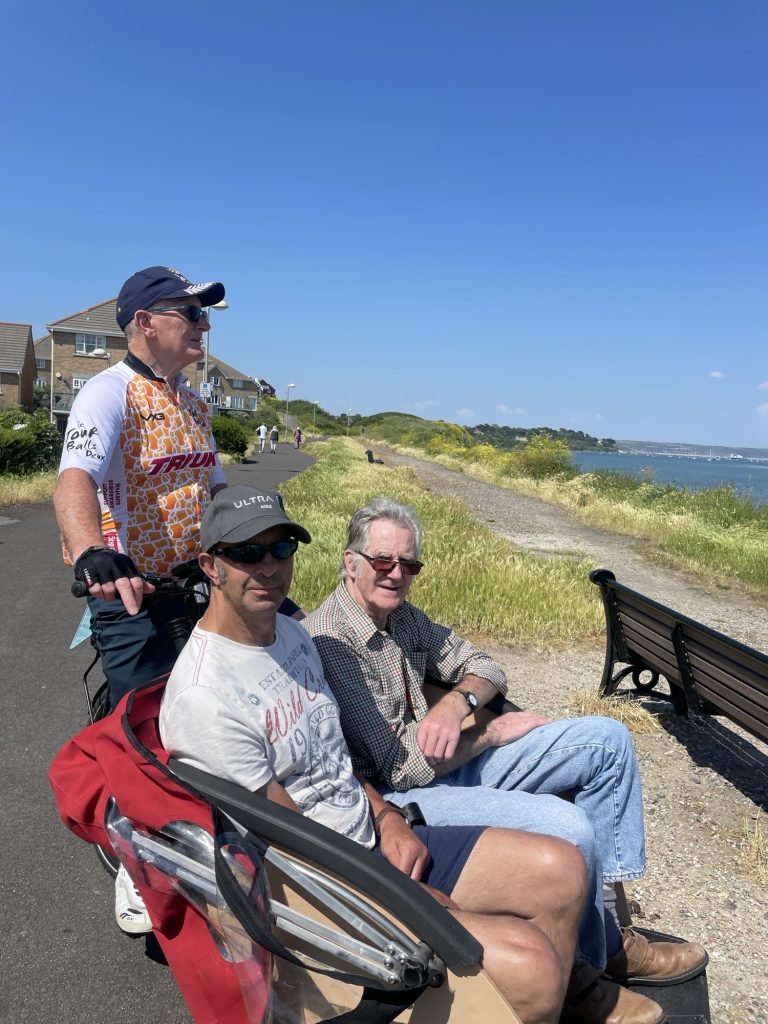
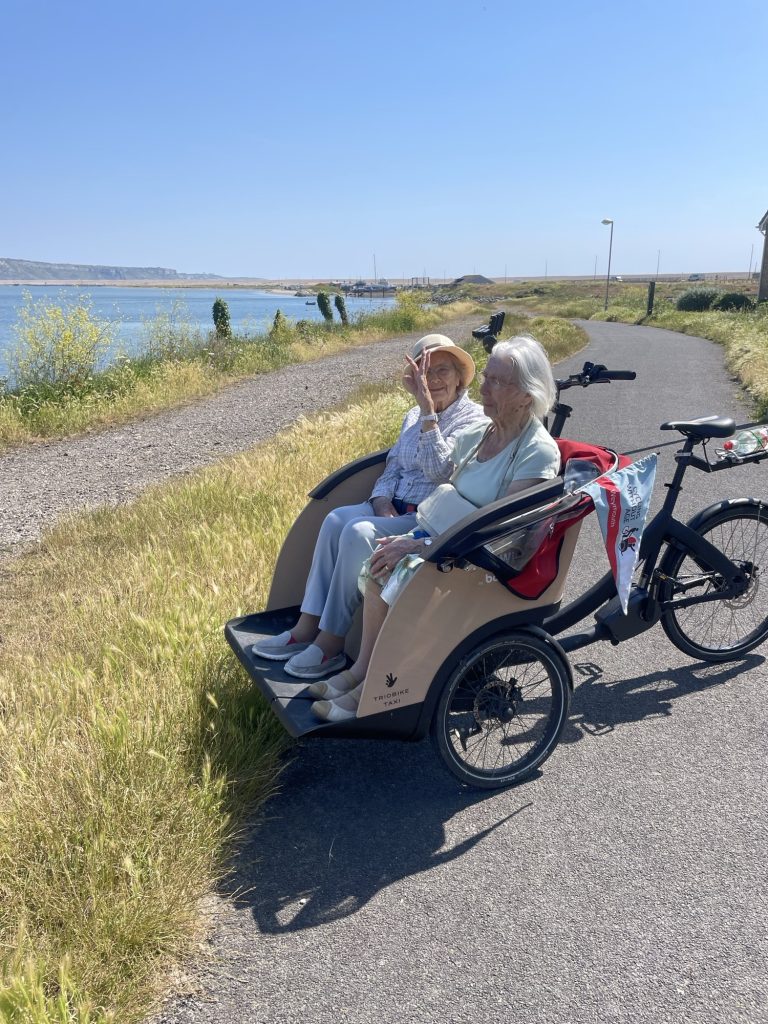



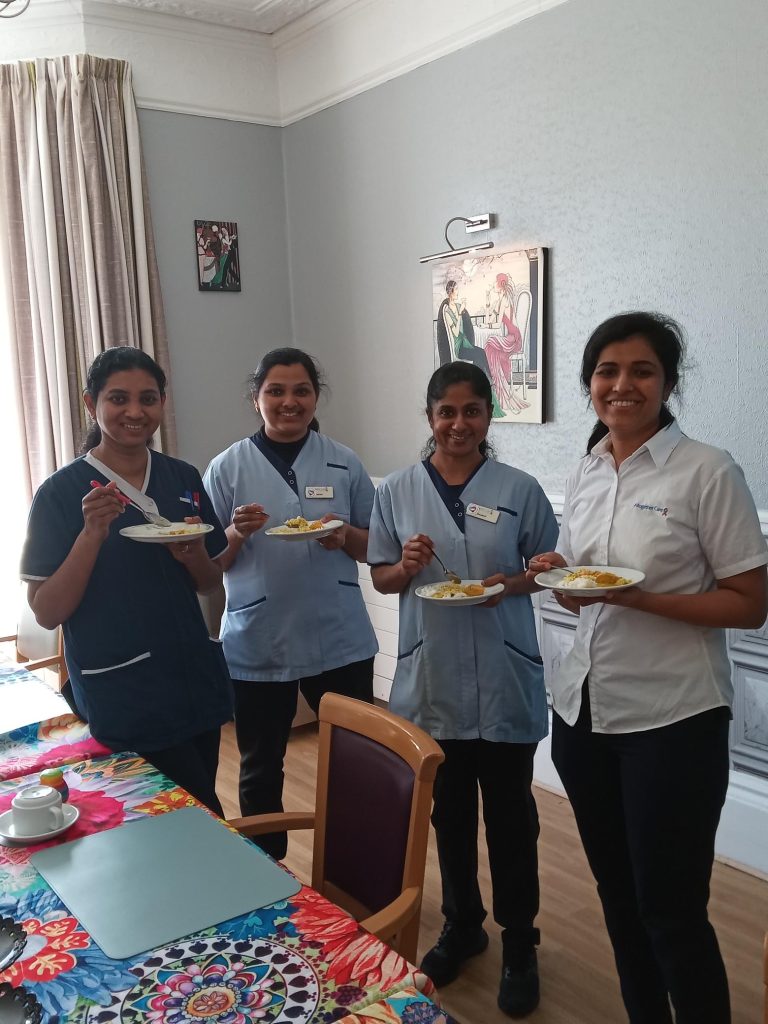





 Sherborne House
Sherborne House